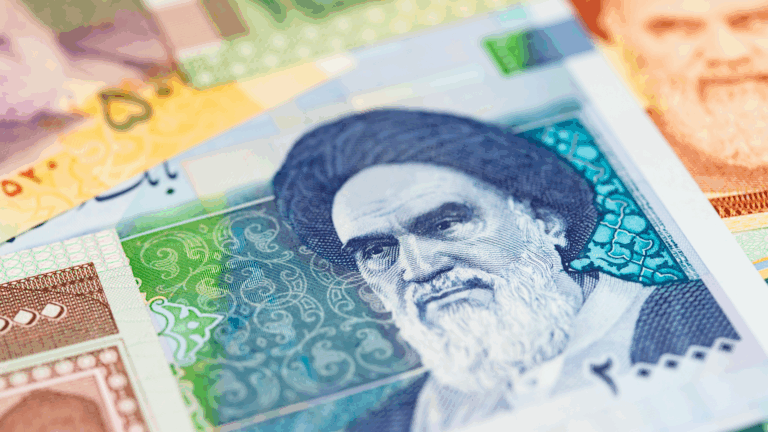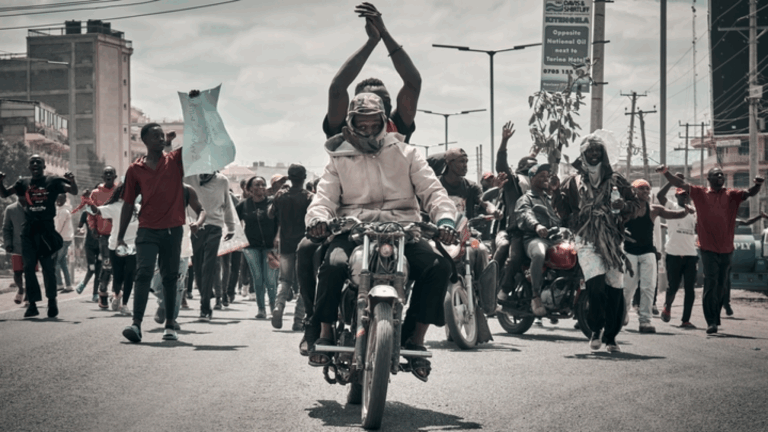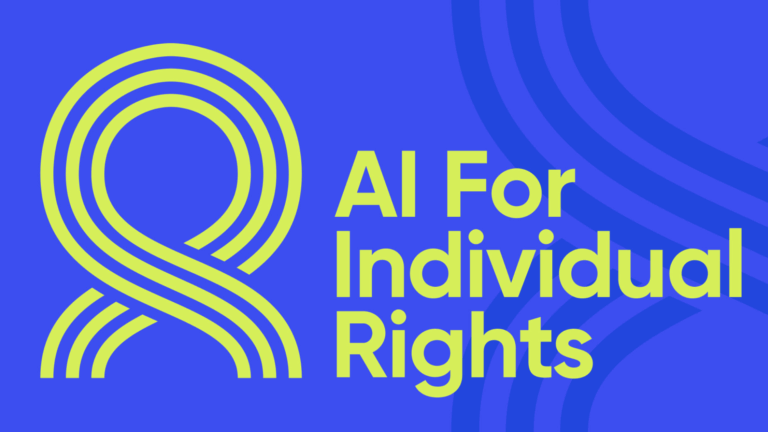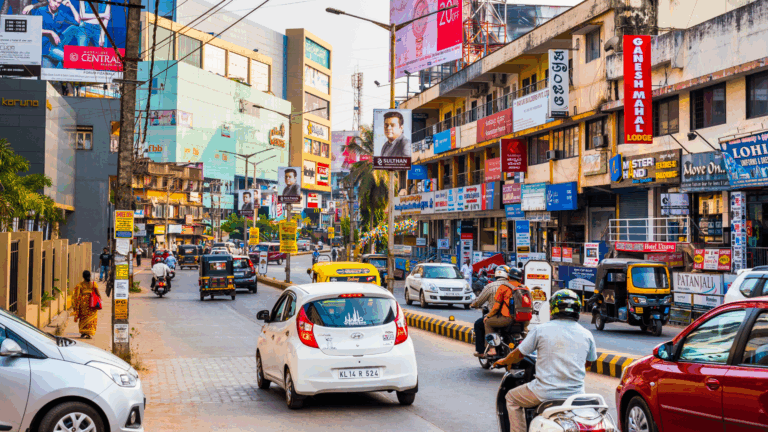Machankura | Bitcoin Java Cards
In his recent Forbes article, Nigerian Bitcoin developer and venture capitalist Abubakar Nur Khalil dives into a groundbreaking new project turning feature phones without data into Bitcoin self-custodial devices. Machankura is a project pioneered by the South African entrepreneur Kgothatso Ngako that allows individuals with phones without Internet connectivity to send, receive, save, and use bitcoin. The app is planning to leverage Java Cards (a software that allows applets to run on Smart Cards) in order to store private keys on a SIM card, offering a way for people without Internet to self-custody bitcoin.
Wallet Testing | Lightning Wallet Usability in Zimbabwe
Bitcoin author and educator Anita Posch carried out a test of self-custodial Lightning wallets in a rural area of Zimbabwe to determine which wallets work and which do not. With the existing self-custodial wallets being developed overwhelmingly outside Africa, these solutions are rarely, if ever, tested in areas without strong connectivity. In her article, Posch reviews Bitcoin wallets Blixt, Green, Mutiny, Phoenix, and Zeus and releases the results of her self-custody Lightning wallet test. She focuses on the best wallets for everyday users who want to send small payments. Phoenix and Mutiny top her list of best-performing apps and might be handy tools for activists working inside dictatorships like Zimbabwe.
Cashu–Address | LNURL Service
Lightning Address is a popular way to send and receive Bitcoin payments, but the overwhelming amount of usage is custodial. To address this issue, researchers have developed Cashu–Address and an accompanying LNURL service that generates eCash tokens for received payments, holding on to them for a user until they connect back online. There are several advantages to this when compared to the standard custodial Lightning addresses. Among them is the fact that financial activities remain private from custodians and that custodians cannot selectively censor individuals. “Received payments will be locked to your public key, making Cashu-Address a forward-thinking choice in the world of custodial Lightning,” according to Egge, one of the developers. Cashu-Address combines the strengths of Lightning and eCash to provide more privacy, something that could be useful for vulnerable populations under authoritarian regimes.
Merged PR | Net Enable v2transport by Default
Version 2 (v2) P2P transport — a proposal that allows Bitcoin nodes to communicate with each other over encrypted connections — was merged last week by Pieter Wuille. With this new merger, mass surveillance and analysis of bitcoin users is much harder to achieve, helping improve user privacy. This proposal replaces an earlier BIP151 proposal and features additional changes to the communication protocol, such as “allowing frequently used protocol commands to be aliased to shorted byte sequences to reduce bandwidth,” as described by the Bitcoin Optech newsletter (a resource that HRF recommends subscribing to).
Nostr | Adoption Grows in Brazil
According to Nostr creator fiatjaf, Nostr is being organically discovered and slowly adopted by Brazilian personalities with large numbers of followers, as they cite the dangers of centralized media.” Nostr is a decentralized and open social network protocol that focuses on censorship-resistant communication, a significant shift away from traditional social media platforms. The growth in users emphasizes the desire for such protocols in a country like Brazil, which although democratic, has struggled with press freedom issues and potentially portends more usage of Nostr in countries with actual authoritarian regimes.
Vinteum | New Physical Space Opens
Lucas Ferreira, the executive director at Vinteum, announced that the nonprofit now has a physical space called Casa21 for the Brazilian Bitcoin community. Vinteum is a Bitcoin research and development center dedicated to supporting open-source developers in Brazil and the wider Latin America region. By having a physical space, engineers, designers, entrepreneurs, and activists will be able to discuss regional challenges, brainstorm solutions, troubleshoot experiments, and help drive adoption on the continent. The timing of this new space is critical as the Brazilian government continues to discredit bitcoin and launches a pilot project of the “DREX” central bank digital currency. As a supporter of Vinteum, HRF congratulates them on the opening of this much-needed space.
Citrea | A Bitcoin ZK Rollup
Citrea, a new bitcoin scaling solution that claims to bring smart contract functionality to Bitcoin without any forks, launched its internal devnet. The team explains that “Citrea is a massive change to the Bitcoin ecosystem by allowing a massive increase in transaction throughput on Bitcoin as well as full EVM compatibility.” HRF is hopeful about new innovations that can ultimately allow Bitcoin to scale to hundreds of millions of self-custodial users, but also notes skepticism about Citrea’s claims. As an example, Supertestnet writes that “announcements like this, without proof of work, are a big red flag.” To learn more about zk-rollups, you can read HRF Fellow John Light’s report, “Validity Rollups on Bitcoin.”








